How Demo Comp Builds Stronger Software Development Teams
Turing School’s Demo Comp gives students a chance to spring like real-world software programers, building an app in just two weeks.

One of the biggest questions students of any subject have is how the skills they learn in the classroom will translate in the “real world.” At Turing, a key part of our curriculum is Demo Comp, a fun, fast-paced competition that simulates the kind of sprints professional developers often engage in on the job. Once an inning, students have the opportunity to break into teams for a two-week project that puts their existing skills to the test while also teaching new ones.
The Demo Comp challenge? To develop an entire app from start to finish, and in the process demonstrate the marketable skills that tech recruiters are looking for. Participants come out of Demo Comp with a professional sample of work for their portfolios, a useful asset for any coder trying to land their first job in tech. It’s always exciting to see the fresh ideas and problem-solving approaches that come out of Demo Comp—not to mention the sense of confidence and camaraderie it gives the programmers, too.
This Inning’s Demo Comp winners were John Hennerich, Katy Harrod, Max Wagner, Zel Imbriaco, Emma Brooke-Davidson, Angele Williams and Artan Myrtolli, whose team developed MyMeds, a medication tracker and reminder app.
“The inspiration for this project comes from my experience with past health issues,” explained back-end developer John Hennerich. “Pain meds need careful dosage and timing, which can be hard when you don’t feel your best.”
The MyMeds app allows users to input each of their prescriptions with details on how much to take and when. Timers show a countdown to the next dose, with notifications via text and / or email to remind users throughout the day. The team wireframed their app in Excalidraw and used Github’s project board to track changes, bugs and chores. GraphQL with the Apollo client was used to stretch check MyMeds, while the team utilized Twill for both the SMS aspect and the send grid.
In second place was Swolify, an exercise tracking and motivation app with a classic video game aesthetic that hinges on bingo-style gamification. Users select the exercise they wish to perform, the app randomly generates a bingo board based on those selections, and the user completes each set of exercises until they obtain a bingo.
The Swolify team consisted of James Harkins, Andrew Speth, Susan Boyd, Kevin K. and Tyler Tedesco. As back-end developer Andrew Speth explained, Swolify was built using a PostgresPostgres database with rails API, and with GraphQL to communicate between front-end and back-end applications. The Heroku scheduler runs a job each night to update a Swolify user’s workout streak, while the team used RSpec for testing locally and Circle CI for testing our pull requests in a Linux environment.
“I did want to point out that we chose GraphQL specifically because we wanted the flexibility the technology offers.” noted Speth. “So in a query where I’m grabbing information about a user and I’m fetching it by their ID, I can leverage the relationships in our database by also grabbing…an array of all of their games and information about each of those games.”
As these two projects evidence, Demo Comp is an opportunity for Turing Students to show off their skills, demonstrate their familiarity with different coding platforms and tools, and bring practicable creative concepts to life through tenacious problem-solving. It’s a chance to get a preview of how professional software development teams often function, and the way front end, back end and UX development comes together to form one cohesive finished product.
After all, one of the main differences between code school curriculum like Turing’s and that of a traditional computer science degree from a four-year institution is our emphasis on previewing real-world tech practices like demos. The chance to experience a sprint and show the results to stakeholders before graduation and hiring prepares future developers not only for how to code collaboratively on a deadline, but also to present that work to beta testers, managers and investors.
Programming is so much more than just memorizing code languages and their relevant applications. It’s also about the soft skills of interpersonal cooperation and the communication skills needed to explain how and why a product works upon completion. Much like medical school is structured in such a way that students learn both the science behind physiological processes and pharmaceutical solutions as well as how to operate under pressure through highly regulated processes, events like Demo Comp give programming students a chance to learn about themselves in the context of a sprint. That’s useful self-knowledge for future job candidates to have, material for a job interview, and relevant experience for Turing graduates to take into their first on-the-job demos—already ahead of the curve.
Interested in hiring developers who have deliberate team practice in place already? Meet Demo Comp participants and more of our people on Terminal.

